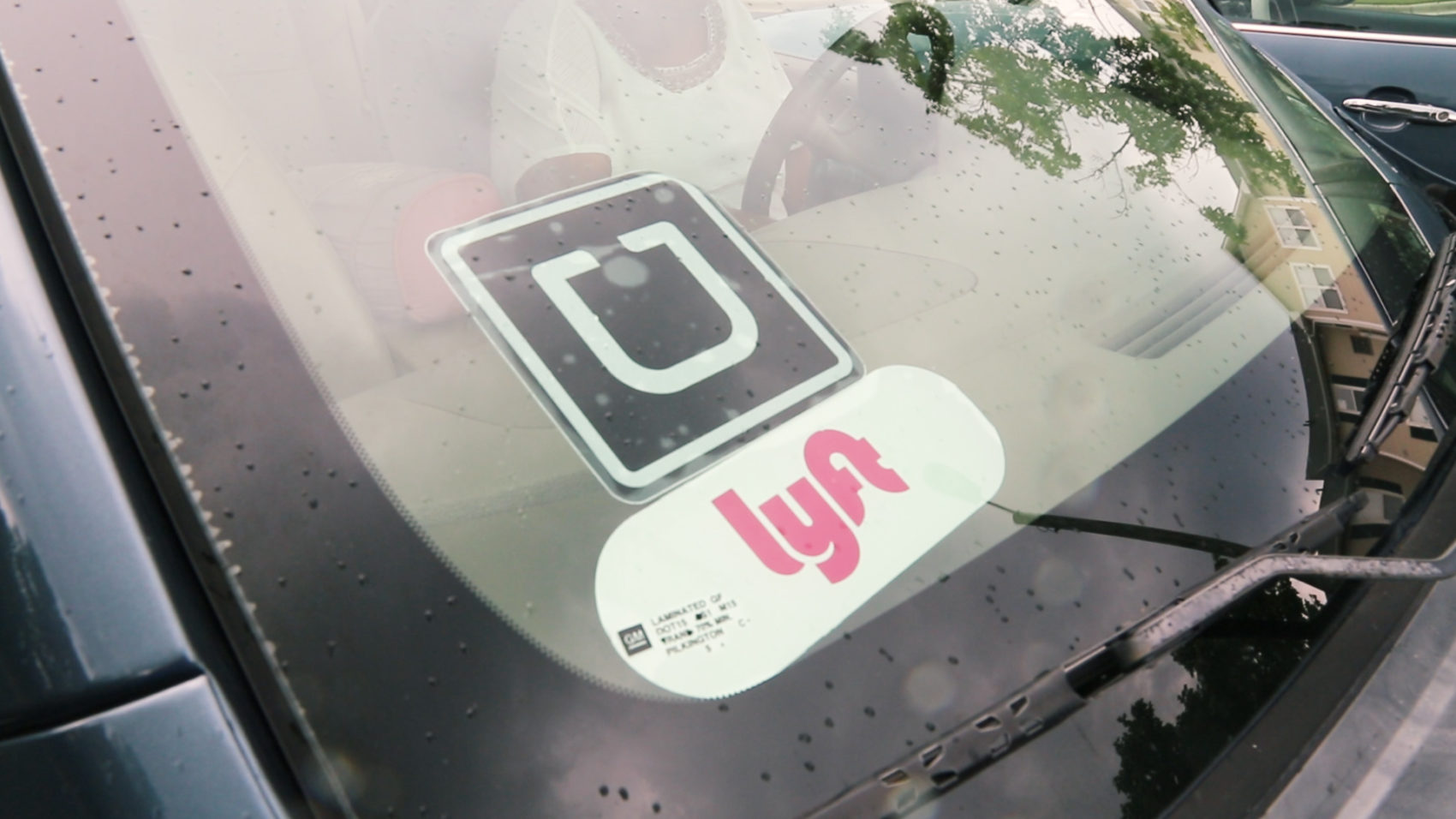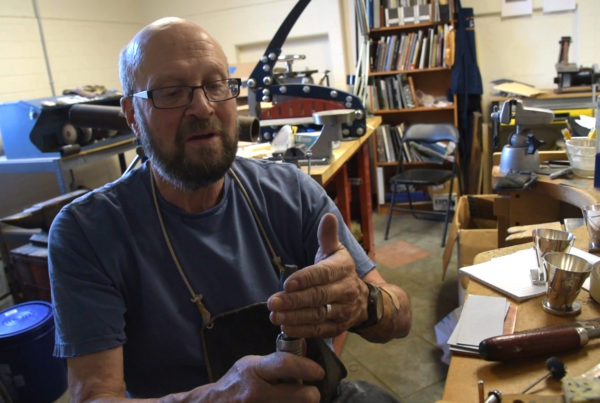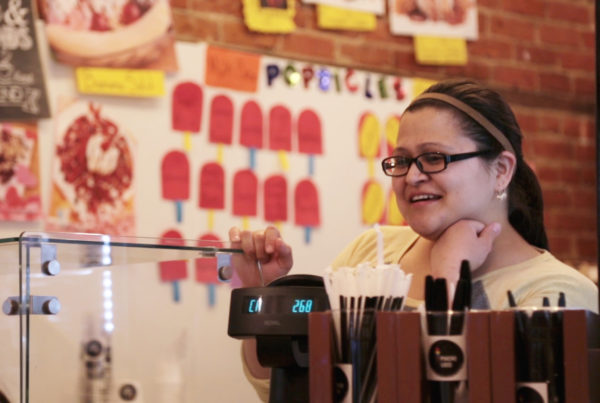Diane’s voice is soothing. It’s the kind of voice that puts a smile on your face.
So it isn’t surprising that when she picked up the phone in the midst of a minor car-tastrophe, the situation took a bright turn.
“This is Diane, your Lyft driver,” she said, as Nathan, my boss, explained that his car started smoking on the way to our meeting in Chapel Hill. We were still in Durham.
Nathan hung up the phone and started talking about how nice this Lyft driver was.
“Cool,” I said.
But at the time, it didn’t matter to me if our driver was nice. I was standing in the hot sun, heat waves radiating off the black pavement, waiting impatiently in the shopping center parking lot where we pulled over.
Diane shows up a few minutes later. We get in and exchange pleasantries. Diane is concerned for Nathan’s car and says we have plenty of time to make it to our meeting in Chapel Hill. She knows these roads. Durham is her home.
Her reassurance and calming presence helped put us at ease. We ask Diane about her life. I mean – we are journalists, after all.

Diane grew up in Durham.
“The downtown we knew, that’s all gone.”
Diane talked about where downtown used to be. About how her home and family were displaced with the construction of Highway 147. About the segregation of communities and old shops that used to line the streets.
Diane left Durham in 1972 to work in Washington, D.C., as a social worker. She’d gotten her master’s degree at UNC Chapel Hill, and wanted to help people in marginalized situations.
We turned down a street where Nathan and I remembered filming a shoot.
“That’s where that…” I paused, unsure how to express what I wanted to say. “… mean lady lives. Right?” I asked Nathan. He knew who I was referring to.
Diane starts laughing. I decided to explain myself to save face. Diane listened, and shared some wisdom:
“Some people might come across a certain way, but really they are just insecure,” she said, with complete understanding for my “mean lady” and what she may have experienced during our interaction.
“You’re definitely a social worker,” Nathan said. “And a good one!”
I agreed, taken aback by her care and complete understanding of others.
We asked Diane what brought her back to Durham.
“Family.”
She left Washington, D.C., after 30 years and returned to her hometown to care for her mother. When her mother passed, her sister’s health declined. She ended up staying to continue to care for her family and never looked back.
Now, as a Lyft and Uber driver, Diane sees parts of Durham that she never knew existed. She’s also seen Durham continue to grow and change over the years.
“I’m so proud of Durham, of all the progress we’ve made,” she said. “We’ve really come a long way.”

In a few short minutes in the car, Diane had taught me more about Durham’s history than I ever knew, helped me have empathy for a woman I referred to as a “mean lady,” and showed us genuine concern and hospitality for our car-tastrophe. Looking at Diane I saw so many layers of the people who make Durham the great city that it is: hard-working, family-oriented, community-minded, servant-hearted.
Naturally, I had to ask Diane if she would consider working with us to tell her story in our Reel Durham series. I mean, she was the perfect subject and had a great story to tell.
In typical Diane style, she insisted that someone else would better be able to highlight Durham. Oh, you humble Diane, you! Thanks to some persistence and a super-sweet heart, she agreed.

Thank you for letting us tell your story, Diane! What a blessing it was to be stranded in the shopping center parking lot that day. You are a joy, and we are beyond happy to have met you.
– Chelsey Griffith
P.S. Props to our summer intern Anne Marie Hagerty for pulling off this video like a boss.





